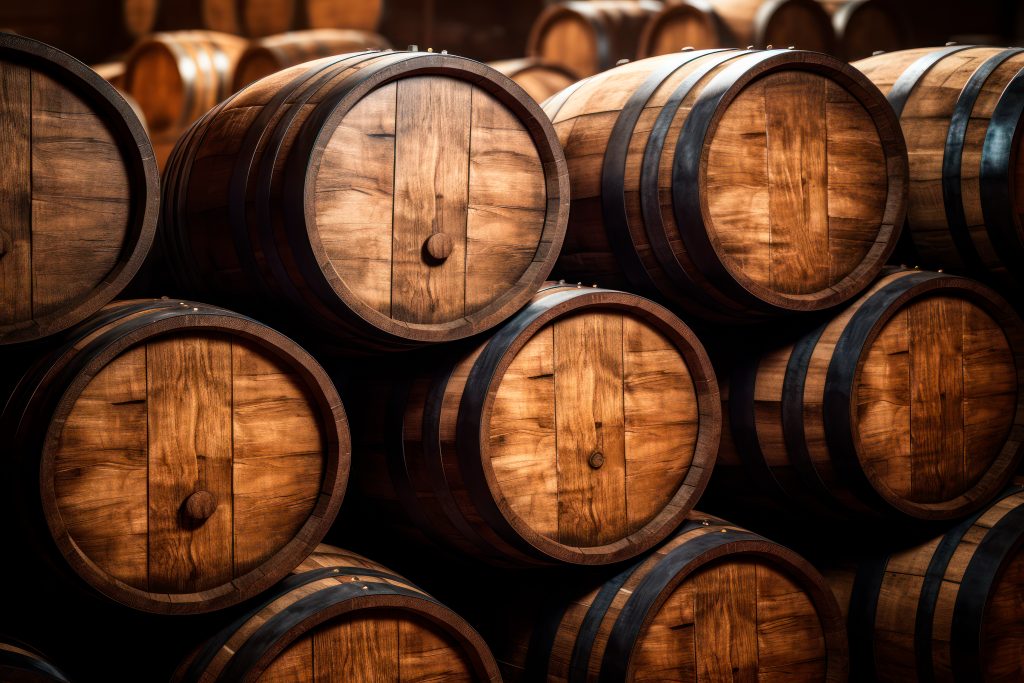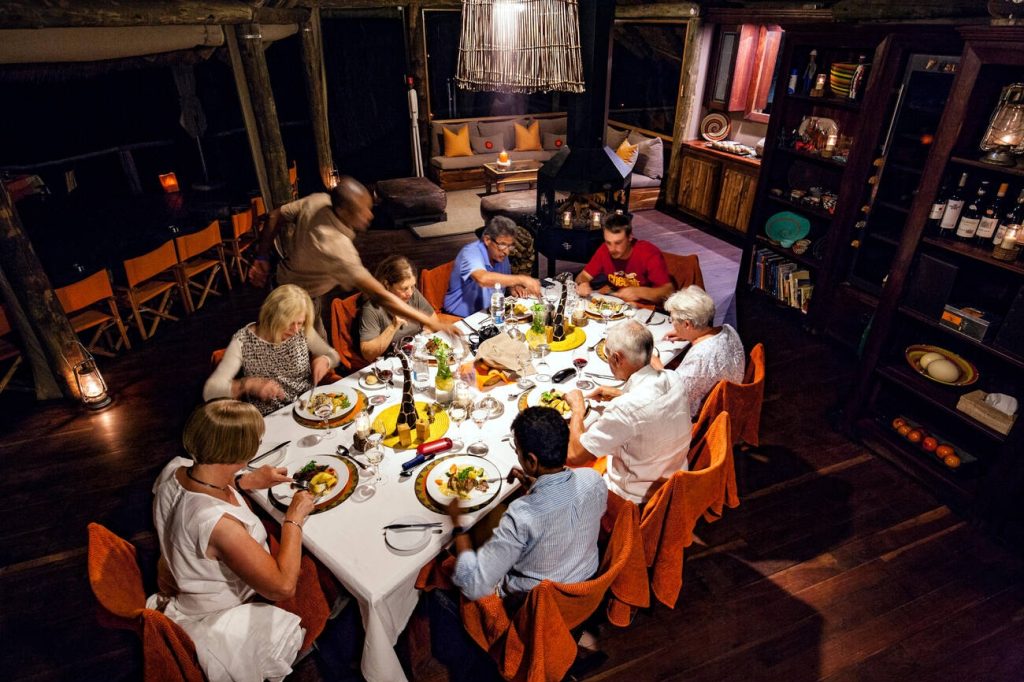Are you a wine enthusiast? Well, brace yourself for some troubling news about the French wine industry. Overproduction has caused a plunge in demand, leading to lower prices and financial struggles for winemakers nationwide. Bordeaux and Languedoc regions have been hit especially hard, experiencing a staggering 32% decline in red wine sales over the past decade. This drop can be attributed to changing consumer habits, the lingering effects of the pandemic, and the climate crisis’s impact on grape harvesting. To combat these challenges, the French government has stepped in, providing financial aid and stability measures. Let’s delve into the impact of overproduction on the French wine industry and explore the government’s initiatives to tackle this issue.
Contents
- Declining Demand and Market Challenges
- Government Intervention and Financial Impact
- Regional and Industry-Specific Impact
- Comparison With Other Wine-Producing Countries
- Background and Industry Overview
- Decline in Red Wine Consumption
- Alcohol Abstinence and Changing Consumer Habits
- Overproduction and Economic Impact
Declining Demand and Market Challenges
In recent years, you have witnessed a significant decline in the demand for French wines. This decline can be attributed to a combination of challenges, including increased competition, pandemic effects, the climate crisis, and changing preferences. The wine market has become more competitive, with consumers turning to alternative beverages such as rosé, beer, and non-alcoholic options. The COVID-19 pandemic has further exacerbated the situation, with the closure of restaurants and the cancellation of trade markets and shows. Additionally, the ongoing climate crisis has affected the grape harvesting season, leading to a decrease in wine production.
The decline in demand for French wines is not unique to France alone. Wine consumption has fallen in other countries such as Spain, Germany, and Portugal. Furthermore, the recent hike in prices of fuel and food due to Russia’s invasion of Ukraine has resulted in buyers spending less on non-essential beverages like wine.
To address these challenges, the French government has intervened by providing financial support to winemakers. They have allocated funds to help grape-growers shrink vineyards and destroy surplus stock, which can be distilled into pure alcohol and sold to other industries. However, not all regions and producers have benefited equally from these initiatives, and concerns about overproduction and falling prices persist.
Government Intervention and Financial Impact
To address the challenges of declining demand and overproduction, the French government has taken decisive action by providing financial support to struggling winemakers. In an effort to stabilize prices and assist producers, the government has allocated €200 million for the destruction of surplus wine production. This initiative aims to alleviate the financial difficulties faced by up to one in three winemakers in the Bordeaux region and other major wine-producing regions in France.
As part of this government support, the Bordeaux region is set to receive €57 million in funding to pull up approximately 9,500 hectares of vines. Additionally, public funds will be made available to encourage grape-growers to switch to alternative products, such as olives, to diversify their agricultural activities. This vineyard reduction strategy is crucial in addressing the issue of overproduction and aligning wine production with market demand.
To further utilize the surplus stock, the destroyed wine can be distilled into industrial alcohol. This alcohol can then be sold to companies for the production of hand sanitizers, cleaning products, and perfumes. By repurposing excess wine and collaborating with other industries, the French government aims to minimize waste, generate revenue, and find sustainable solutions for the surplus production.
The following table provides a visual representation of the financial assistance provided by the French government:
| Financial Support | Amount |
|---|---|
| Allocation for wine destruction | €200 million |
| Funding for vineyard reduction in Bordeaux | €57 million |
| EU fund for wine destruction | €160 million |
Through these financial measures, the French government is taking proactive steps to support struggling winemakers, address overproduction, and mitigate the economic impact on the French wine industry.
Regional and Industry-Specific Impact
With declining red wine sales and the closure of restaurants and trade markets during the COVID-19 pandemic, the Bordeaux and Languedoc regions have been heavily impacted by overproduction in the French wine industry. Regional wine associations in these areas, such as the Languedoc wine producers association, have highlighted the financial losses incurred due to overproduction and low sale prices. Small wineries in these regions have been particularly affected, as they struggle to compete with larger producers and navigate the challenges posed by the pandemic.
To support grape growers in these regions, the French government has allocated funding for grape grower support programs. These programs aim to provide financial assistance and guidance to help winemakers adapt to the changing market conditions and explore alternative crop options. Public funds are also available to encourage grape growers to switch to alternative products, such as olives, to diversify their income streams.
In addition to these measures, sustainability measures are being taken to address the environmental impact of overproduction. Collaboration with other industries is being encouraged to repurpose excess wine for non-food applications, such as hand sanitizers, cleaning products, and perfumes. These initiatives aim to minimize waste, generate revenue, and contribute to a more sustainable wine industry.
Comparison With Other Wine-Producing Countries
Let’s explore how the French wine industry compares to other wine-producing countries. The French wine industry, despite facing challenges due to overproduction, declining demand, and market fluctuations, still maintains its position as one of the largest wine producers in the world. However, it is important to examine how it fares in comparison to other wine-producing countries.
Firstly, let’s consider market fluctuations. The wine consumption in Spain, Germany, and Portugal has also fallen, indicating a global trend of declining demand. Additionally, the recent tariffs and trade disputes, such as those imposed by China on Australia’s struggling wine industry, have further disrupted the international wine market.
Climate change effects also play a significant role. France, along with other wine-producing countries, has been experiencing the impact of changing weather patterns on grape harvesting seasons. This has led to challenges in maintaining consistent wine production and quality.
Consumer preferences are another important factor to consider. While French wine exports to the US and Japan are at a record high, not all French wine producers have benefited equally. Consumer habits have shifted, with a growing market for alcohol-free beverages, which has contributed to the decline in wine consumption.
Lastly, export strategies play a crucial role in the competitiveness of the French wine industry. Despite the challenges, France has managed to maintain its position as a major player in the global wine market. However, it is important for French wine producers to adapt their export strategies to address changing consumer preferences and market dynamics.
Background and Industry Overview
The French wine industry, despite facing challenges such as overproduction and declining demand, remains a prominent player in the global market. Here is an overview of the background and current state of the industry:
- Wine production trends:
- France is one of the largest wine-producing countries in the world, with a market worth roughly $15.6 billion.
- More than 200 indigenous wine varietals are produced in France, showcasing the country’s rich winemaking heritage.
- French wine exports:
- Despite the decline in domestic consumption, French wine exports to the US and Japan are at a record high.
- However, not all French wine producers have benefited equally from this export success, as some regions face drop in demand and overproduction issues.
- Impact on employment:
- The wine industry in France employs approximately half a million people, contributing significantly to the country’s economy.
- Without government intervention and support measures, the industry could experience a loss of up to 150,000 jobs in the next decade.
- Government support measures:
- The French government has allocated funds to support struggling winemakers, including the destruction of surplus wine production.
- Major wine-producing regions, such as Bordeaux, are receiving financial assistance to address the challenges they face.
- Emerging wine markets:
- While traditional wine-consuming countries like France, Spain, Germany, and Portugal have experienced a decline in wine consumption, emerging markets present opportunities for growth.
- Markets like the US and Japan have shown increasing demand for French wines, providing a potential avenue for the industry’s recovery.
Despite the current challenges, the French wine industry continues to adapt and innovate, exploring new markets and government support measures to ensure its continued success in the global market.
Decline in Red Wine Consumption
As we delve into the topic of the decline in red wine consumption, let’s explore the factors that have contributed to this significant shift in consumer preferences. Changing consumer preferences and the impact of alcohol-free beverages are two key factors that have led to the decline in red wine consumption. In recent years, there has been a noticeable shift in consumer habits, with a growing demand for healthier and non-alcoholic options. This trend has been further fueled by the rise of the alcohol-free drinks market in France, making it one of the fastest-growing markets for such beverages.
Another reason for the decline in red wine consumption is the changing demographics and habits of consumers. People are eating less red meat, and there are fewer families dining together, leading to a decrease in the consumption of red wines. Additionally, the increase in single-parent households has also contributed to this decline.
To support winemakers during these challenging times, the French government has intervened by providing financial assistance. They have allocated €200 million to destroy surplus wine production, aiming to stabilize prices and support struggling producers. This initiative will not only help alleviate the financial difficulties faced by winemakers but also minimize waste and generate revenue by repurposing the destroyed wine for non-food products such as hand sanitizers, cleaning products, and perfume.
Looking ahead, the future prospects for the wine industry will depend on its ability to adapt to changing consumer preferences and continue diversifying its offerings. It will be crucial for winemakers to innovate and meet the demand for healthier and non-alcoholic options. By doing so, they can tap into new market segments and potentially reverse the decline in red wine consumption.
Alcohol Abstinence and Changing Consumer Habits
If you’re wondering about the impact of alcohol abstinence and changing consumer habits on the French wine industry, you’ll be interested to know that these factors have significantly contributed to the decline in red wine consumption. Here are four key points to consider:
- Changing Demographics: The demographics of wine consumers in France have shifted, with younger drinkers turning to alternative beverages such as rosé, beer, and alcohol-free options. This shift in preferences has led to a decrease in red wine consumption.
- Alcohol-Free Beverages: The growth of the alcohol-free drinks market in France has also played a role in the decline of wine consumption. France is one of the fastest-growing markets for alcohol-free beverages, with consumers opting for healthier and non-alcoholic alternatives.
- French Wine Exports: Despite the decline in national consumption, French wine exports to the United States and Japan have reached record highs. This indicates that while domestic demand may be decreasing, international markets are still showing a strong interest in French wines.
- Government Intervention: To support winemakers and mitigate the impact of changing consumer habits, the French government has intervened by allocating funds for the destruction of surplus wine production. This initiative aims to stabilize prices and provide financial assistance to struggling producers.
Overproduction and Economic Impact
To understand the economic impact of overproduction on the French wine industry, consider the consequences it has on sales, prices, and the livelihoods of winemakers. Overproduction has led to market saturation, resulting in a price collapse in the Bordeaux region and other wine-producing areas. The surplus of wine has forced the French government to allocate €200 million for the destruction of excess production. This distillation process allows the unsold wine to be converted into industrial alcohol, which can be sold to industries such as pharmaceuticals and cosmetics. While this provides a temporary solution, it is crucial to find sustainable long-term solutions to address the overproduction issue. Bordeaux winemakers are advocating for compensation and the uprooting of vineyards to reduce production. The wine industry in France employs approximately half a million people, and without intervention, it faces an employment crisis, potentially leading to a loss of up to 150,000 jobs in the next decade. It is imperative for the industry to explore alternative uses for surplus production and collaborate with other industries to repurpose alcohol for non-food applications. By finding sustainable solutions and addressing market challenges, the French wine industry can navigate the impact of overproduction and ensure its long-term viability.




